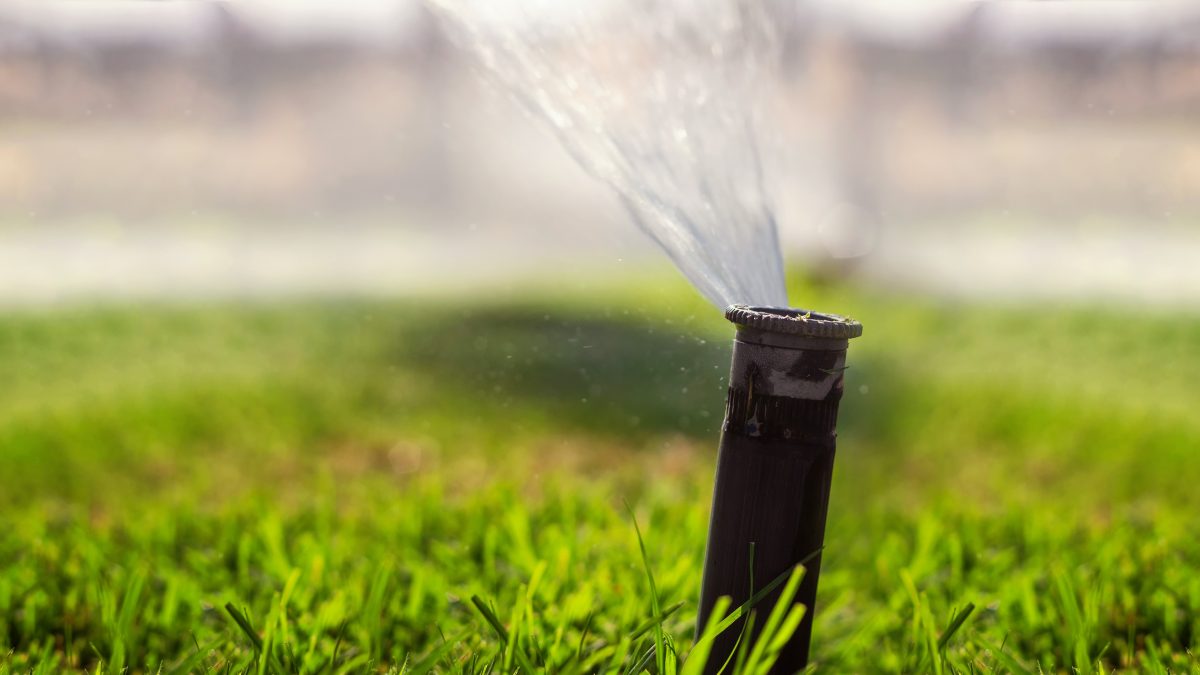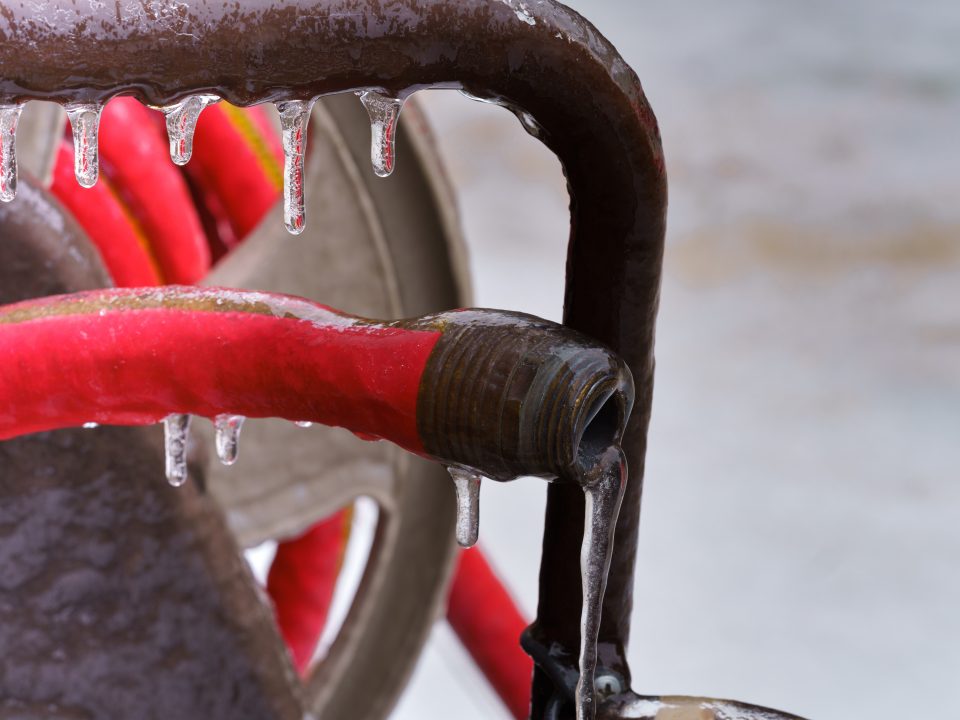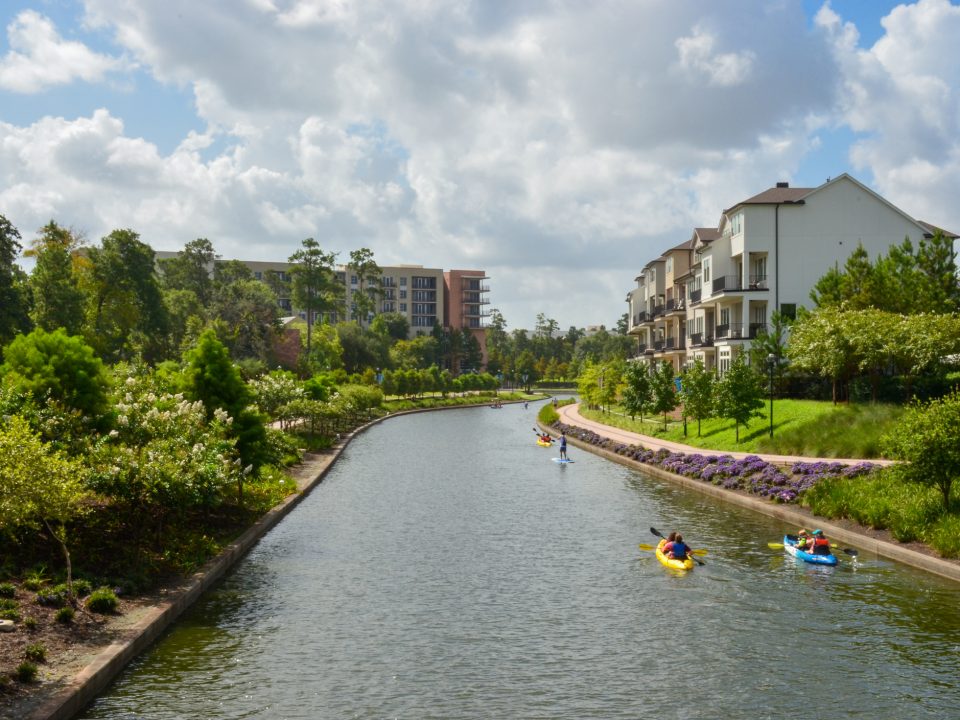
As summer winds down in Houston and cooler temperatures make their way into the forecast, fall is often thought of as a mild, comfortable season. But for your home’s plumbing system, it can be a tricky transition period. Temperature swings, changing moisture, and shifting soil can combine to make end-of-summer plumbing problems more likely. Let’s explore why that is, which issues tend to arise, and what you can do to stay ahead of trouble.
Why Plumbing Issues Appear in Late Summer
Here are some of the main reasons plumbing tends to go awry in the fall:
Temperature and Weather Fluctuations
In October, the daily high temperatures range from 86 degree to 78 degrees while daily low temps can range anywhere from 49 degrees to 76 degrees, according to Weather Spark. As nights get cooler and days can still be warm, pipes—especially those in uninsulated or exterior walls, garages, or crawlspaces—get stressed. Repeated heating and cooling causes expansion and contraction that can loosen joints or cause cracks. Be on the lookout for pooling water or areas of the yard that may become saturated, as this can be a sign of a leaky pipe that was pulled away from the foundation.
Falling leaves, pine needles, and other yard debris often clog gutters, downspouts, and outdoor drains. When water can’t drain away properly, it backs up, possibly entering roof lines or even flowing back into plumbing vents and sewer lines. Moisture buildup around pipe exteriors can also lead to wood rot or corrosion.
Fall also often brings more rain and storms, which increases runoff, pressure on drainage systems, and moisture exposure. For the Houston area, Weather Spark reports that 25% of the month could bring precipitation. That moisture can affect foundation drainage, sewer lines, and lead to leaks or clogs.
Increased Stress on Plumbing Equipment
When the Texas weather fluctuates, pipes in unheated areas are at risk of freezing, expanding, cracking, or bursting—especially when subjected to long cold spells.
Turning attention to inside the home, most homeowners don’t give a second thought to the strain on a water heater that comes with the change of the seasons. But, as outdoor and ground temperatures decline, the cold water entering your water heater is colder than in the summer months. That means the water heater must work harder. If the heater is old, not well-maintained, or has sediment buildup, it might fail or perform poorly.
That leads to another potential indoor problem—deferred maintenance. Because summer is often busy, many small plumbing issues (like minor leaks, loose joints, small clogs) get pushed off. The milder weather of fall is often when they finally give way to bigger problems. At this point, it’s important to address those problems before winter arrives, which can make plumbing repairs challenging.
How Homeowners in The Woodlands Can Prevent Fall Plumbing Problems
You can’t control the weather or Mother Nature, but you can take a few preventive measures to help prevent fall plumbing problems or at minimum, spot them before they become costly repairs.
Inspect and Insulate Pipes
First, check pipes in attics, crawl spaces, garages and exterior walls. See if they are swelling, pulling away from the walls or foundation. Wrap them with foam sleeves or heating tape if they are in areas that tend to succumb to freezing temperatures often. Use expandable foam or caulk to seal gaps around exterior walls or doors that are near pipes to keep the air as warm as possible. All these measures reduce the risk of freezing or damage from temperature swings.
Next, check under sinks, around toilets, near the water heater for small leaks. Even small drips or dampness should be addressed. This can save you money on your water bill, prevent mold, and helps avoid larger, more devastating leaks.
Tend to Outdoor Areas
Remove leaves and debris from gutters, downspouts and outside drains. Make sure water flows away from the foundation. Install or repair gutter guards. These measures prevent overflows, which can lead to water intrusion or clogged lines.
Disconnect hoses, drain any water from them and then cover or insulate outdoor spigots or faucets. If possible, take time to shut off the valves inside your home that supply your outside fixtures. These measures prevent damage to what would otherwise be exposed plumbing components.
After heavy rains, check for pooling water near your foundation. Pooling water is a sign of poor soil grading. A simple fix by adding fill dirt can prevent the soil from shifting, which causes stress on your underground plumbing lines. You can also inspect sewer cleanouts and vents.
Have a Plumbing Inspection
While there are many things you can do yourself to prevent end-of-summer plumbing problems, calling in your favorite plumbing technicians is the safest option. Certified plumbers know what to look for and where to look. Many also offer leak detection services to give you peace of mind that your pipes are ready for the fall.
Additional maintenance can include a water heater flush to drain sediment from the water tank. This usually includes checking pressure relief valves, venting and insulation. This service improves the efficiency of your water heater, reduces wear, and ensures reliable performance when demand increases as the temperature falls.
At The Woodlands Plumbing & Air, our plumbing maintenance services offer the perfect opportunity to make sure your pipes are prepared for the changing seasons. Our plumbing maintenance covers the following:
- Inspection and assessment of your plumbing system
- Cleaning and descaling pipes and fixtures
- Leak detection to identify hidden leaks and prevent water loss
- Water heater maintenance
- Fixture and appliance checks
- Preventative treatments such as pipe insulation and water softening
What to Do If a Plumbing Problem Arises
If you detect warning signs (no water from certain faucets, bulging spots in pipes, odd noises, sudden drops in water pressure):
- Shut off the water supply to the affected portion (or your main shutoff, if needed).
- Gently thaw frozen sections using warm air from a hair dryer or space heater.
- Call a licensed plumber if you see damage, leaks, or if you’re unsure. Acting early can prevent much more costly repairs later.
Fall may seem like a calm transition season, but your plumbing doesn’t take a break. With temperature swings, moisture, and unaddressed issues from summer, the fall is often when plumbing systems are tested. The good news is many problems are avoidable with proactive care.
At The Woodlands Plumbing & Air, our plumbing services are designed to address all these end-of-summer plumbing problems. From leak detection to water heater repairs, our certified plumbers provide fast, efficient and trustworthy plumbing fixes. Contact us today or schedule your plumbing inspection today.



